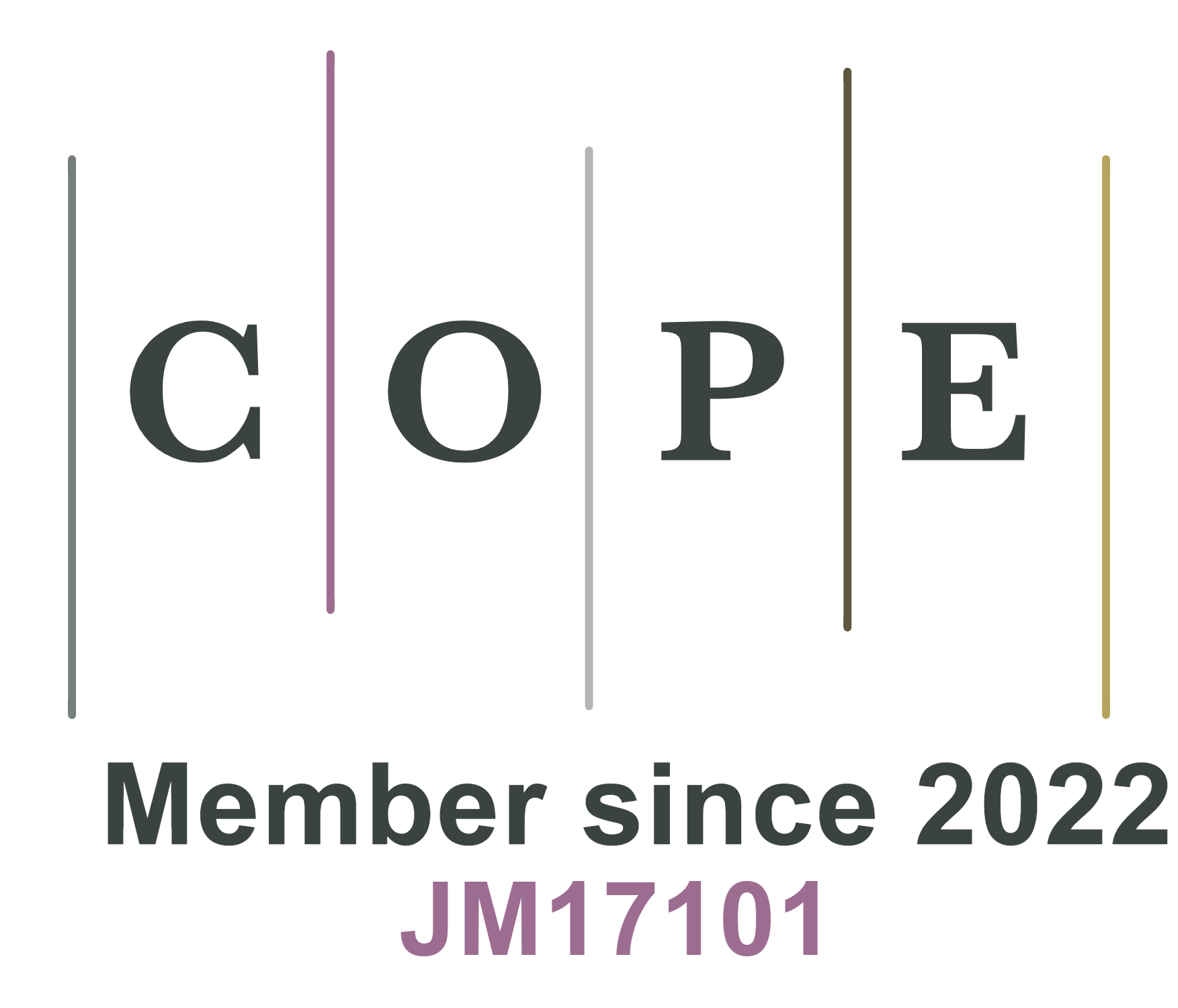Review | Open Access
Modulating single-atom M-N-C electrocatalysts for the oxygen reduction: the insights beyond the first coordination shell
Views: 10
Energy Mater 2025;5:[Accepted].
Author Information
Article Notes
Cite This Article
Abstract
The oxygen reduction reaction (ORR) is a pivotal process in electrochemical energy systems such as fuel cells and metal-air batteries. Recent advancements have highlighted the single-atom metal-nitrogen-carbon (M-N-C) catalysts for their exceptional ORR electrocatalytic performance. However, further exploration is needed for the optimization methods of single atomic active sites. Significantly, the modulation of coordination environment emerges as a pivotal technique for the enhancement of M-N-C catalysts, while extending this modulation beyond the first coordination shell has ignited substantial investigation. This review delves into the frontier of M-N-C optimization by transcending the first coordination shell, presenting a comprehensive analysis of innovative strategies that modulate the electronic structure and reactivity of MN4 sites. The primary focus lies in three regulation approaches: regulating atomic entities, introducing metallic species and tailoring non-metallic modulators. These strategies are scrutinized for their ability to fine-tune the ORR activity and stability at the atomic level. By providing a clearer trajectory for future research, this review should be able to inspire novel designs of high-performance M-N-C ORR catalysts.
Keywords
Oxygen reduction reaction, M-N-C electrocatalysts, coordination shell
Cite This Article
Zhang D, Zhang X, Li X, Feng C, Chu Y, Chen C, Kou Z. Modulating single-atom M-N-C electrocatalysts for the oxygen reduction: the insights beyond the first coordination shell.. Energy Mater 2025;5:[Accept]. http://dx.doi.org/10.20517/energymater.2024.42
Copyright
© The Author(s) 2025. Open Access This article is licensed under a Creative Commons Attribution 4.0 International License (https://creativecommons.org/licenses/by/4.0/), which permits unrestricted use, sharing, adaptation, distribution and reproduction in any medium or format, for any purpose, even commercially, as long as you give appropriate credit to the original author(s) and the source, provide a link to the Creative Commons license, and indicate if changes were made.














